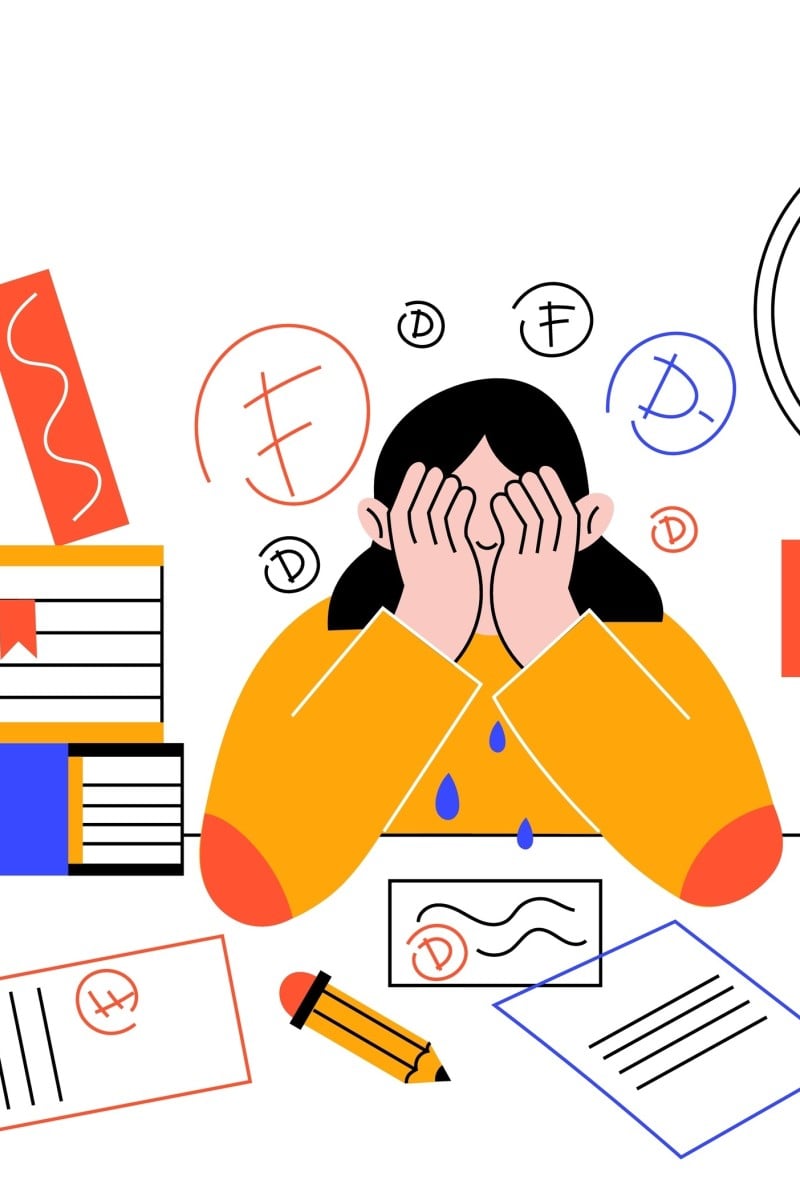
Asking for a Friend: Help! I have trouble focusing, but my parents dismiss my concerns
Each week, we respond to a question from our readers and give advice and resources they can turn to
 Struggling to focus is tough enough! Having to explain to your parents that it’s not just laziness is difficult, but we have some advice that might help. Photo: Shutterstock
Struggling to focus is tough enough! Having to explain to your parents that it’s not just laziness is difficult, but we have some advice that might help. Photo: ShutterstockNeed an answer to a personal question that you’ve never mustered the courage to ask? We’ve been there. Whether it is about school, family issues or social life, share your thoughts with us. If you have a question you’d like answered (about anything at all), please fill out this form. Don’t worry – you will remain anonymous!
Dear Friend,
I struggle with focusing on my studies, and my parents constantly criticise me for getting distracted. They call it laziness or exaggeration. How can I let them know I need professional help when they keep dismissing my concerns?
Signed, Distracted
Help! I find studying really difficult but my mother thinks I’m just rebelling
Dear Distracted,
You are absolutely right to insist on help or even a professional evaluation for your attention-related challenges.
Why you might be struggling to focus
Forgetfulness, a fleeting attention span and difficulty concentrating can indicate a condition such as attention deficit hyperactivity disorder (ADHD). They could also be symptoms of a different mental health issue.
But even if you do not get a clinical diagnosis, difficulties with attention still deserve attention and understanding. Attentional issues can stem from psychosocial stressors such as domestic disputes, parenting styles, personal setbacks, interpersonal conflicts or experiences of loss and bereavement.
Addressing underlying factors will help you manage attentional difficulties and also equip you with the tools to cope with broader challenges you may be facing.
Your parents’ dismissal
It is understandable to feel overwhelmed when you are struggling to focus on your studies, especially when those around you do not fully grasp the challenges you face. It is important to remember that generational differences can lead to misunderstandings.
Your parents – shaped by their own experiences and backgrounds – may not fully comprehend the unique pressure and distractions of being a teenager today. This can sometimes result in them misinterpreting your struggles as laziness or your concerns as exaggeration.
Help! My mother neglects and criticises me. How do I ask her to treat me better?
Self-validation and your next steps
Feeling frustrated when you are not receiving the understanding and support you need is valid. Being accused of not trying hard enough can hurt – especially when you genuinely want to improve and know the importance of seeking professional help.
Validating yourself is the first step toward advocating for yourself. I commend you for recognising the need for professional help and taking the initiative to seek advice. Your persistence and self-affirmation are crucial; they are the fuel that will help you navigate this challenging situation.
Here are a few strategies you can consider:
Educate with respect
Approach a conversation with your parents in a non-confrontational way. You could share some professional articles and scientific research that outline the challenges teens face regarding focus and attention. This will give you a common ground for discussion and help them understand that your struggles are not merely a matter of willpower.
Seek support
Reach out to a school counsellor whom you trust. They can provide a safe space for you to express your feelings and help you develop a plan for discussing your concerns with your parents. Having a neutral third party present can encourage more meaningful dialogue.
Suggest professional evaluation
If your parents remain unconvinced, suggest getting a diagnostic evaluation from a psychologist or psychiatrist. Frame this as a proactive step towards understanding your challenges – it might help them see the value of professional support.
Remember, your feelings and needs are valid. Continue pushing for the understanding and support you deserve, and do not hesitate to reach out for help when you need it.
Keep advocating for yourself, Friend of a Friend
This question was answered by James Yu, a clinical psychologist and associate professor at The Hang Seng University of Hong Kong